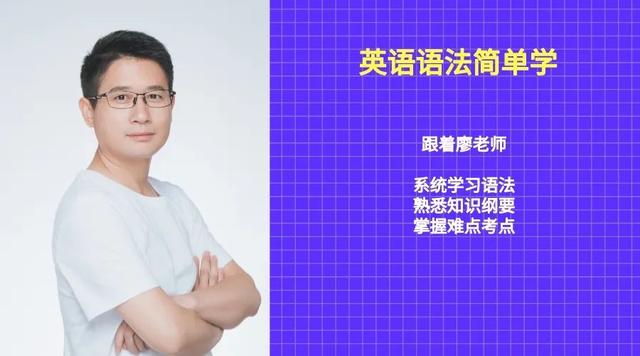【上期回顾】
【本期内容】
一、内容纲要


二、内容简述
(一)构成方式
该时态下,动词的形式是:was/were或did。
(二)基本用法
1、表过去发生的事情,如:
I was in the park yesterday afternoon.
昨天下午我在公园。
He arrived in Shanghai ten minutes ago.
他十分钟前到上海。
They went for an outing last Saturday.
他们上周六去郊游了。
2、表过去习惯或经常做某事,此时常与频率副词连用,如:
We often swam in the river in summer in our childhood.
我们小时候到了夏天常在河里游泳。
She never had any meat when she was young.
她小时候从不吃肉。
(三)标志词
常见的有:
1、yesterday系列,如yesterday、yesterday morning / afternoon / evening、the day before yesterday:
Yesterday I bought a novel at the store around the corner.
昨天我在街角的店里买了本小说。
Jack visited his grandparents the day before yesterday.
杰克前天看望了他的爷爷奶奶。
2)last+单数时间单位,如last week / month / year:
I went to Beijing on business last month.
上个月我去北京出差了。
They made a cake for her last Sunday.
上周日他们给她做了个蛋糕。
3)时间段+ago,如:
They got married ten years ago.
他们十年前结的婚。
My younger brother called me five minutes ago.
我弟弟五分钟前给我打了电话。
4)时间段+ago,如:
They got married ten years ago.
他们十年前结的婚。
My younger brother called me five minutes ago.
我弟弟五分钟前给我打了电话。
5)in+过去年份、年代、世纪等,如:
There was only one airport in the city in the 1960s.
二十世纪六十年代这个城市只有一个机场。
She was born in 2002.
她生于2002年。
6)the other+单数时间单位,表示“前几个...”,如:
His mother came to see him the other day.
他妈妈前几天来看他了。
I ran into an old friend of mine in the street the other week.
前几周我在街上碰到我的一个老朋友了。
(四)动词的过去式
1、直接+ed,如:worked, played。
2、+d,如:lived, noted。
3、以“辅音字母+y”结尾,改y为i,再+ed,如:cried, studied。
4、以重读闭音节结尾,双写最后一个辅音字母,再+ed,如:stopped, patted。
5、不规则,如:sleep - slept, take - took。
(五)句型变化
原句:We met him at the station yesterday.
否定句:We did not meet him at the station yesterday.
一般疑问句及其回答:
- Did you meet him at the station yesterday?
- Yes, we did.
- No, we didn't.
划线部分提问:
Who/Whom did you meet at the station yesterday?
(六)特殊情况
1、英语中“this+单数时间单位”也可以用来表示过去时间,如:
I gave him my notebook this morning.
今天上午我把我的笔记本给他了。
2、一般过去时可以用来表委婉语气,如:
Could you please give me that hammer?
请你把那个锤子给我好吗?
I might as well have the two tickets.
我还是买下这两张票吧。
3、如果要表达过去习惯做某事但现在不再如此了,多采用used to do。要注意它与be used to doing(表当前或将来习惯做某事)的区别。如:
The man used to smoke a lot.
那人过去烟瘾很重。(现在不再如此)
The man is used to smoking a lot.
那人(现在)烟瘾很重。

